News Desk
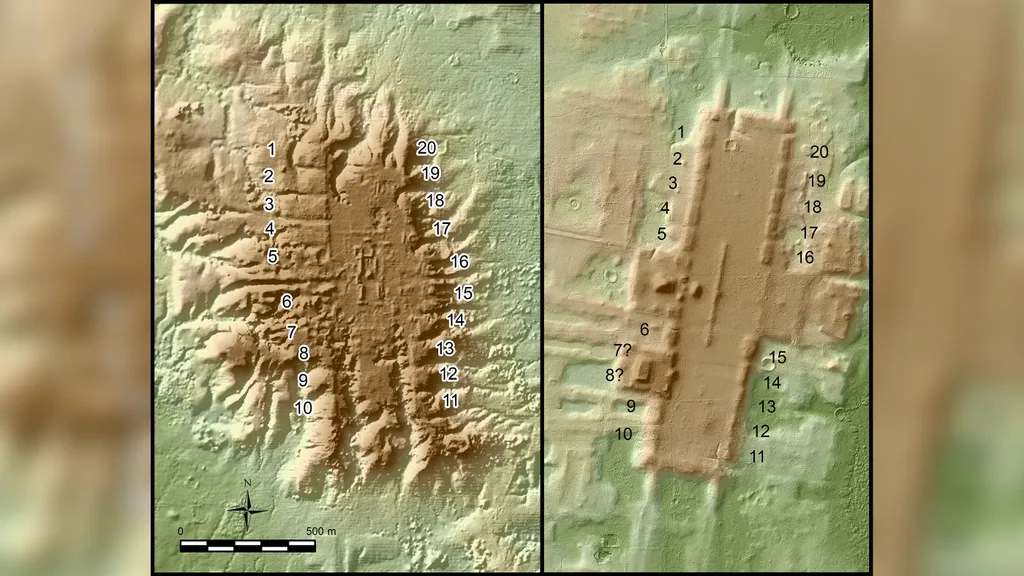
Ancient Central American people may have designed their cities around an early iteration of the Maya calendar.
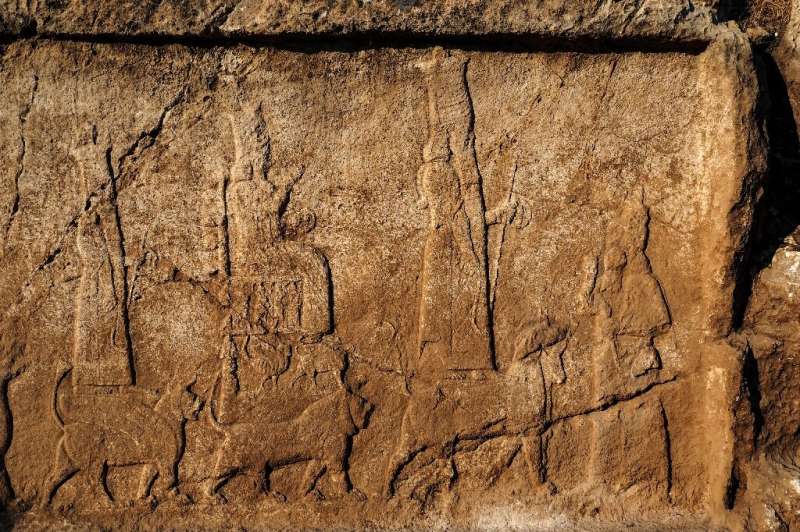
Archaeologists in Iraq revealed Sunday their discovery of a large-scale wine factory from the rule of the Assyrian kings 2,700 years ago, along with stunning monumental rock-carved royal reliefs.

Mammoths and other giant creatures of the Ice Age such as woolly rhinos survived longer than scientists thought, coexisting with humans for tens of thousands of years before they vanished for good. That’s according to the results of an ambitious 10-year research project that analyzed DNA from hundreds of soil samples across the Arctic.
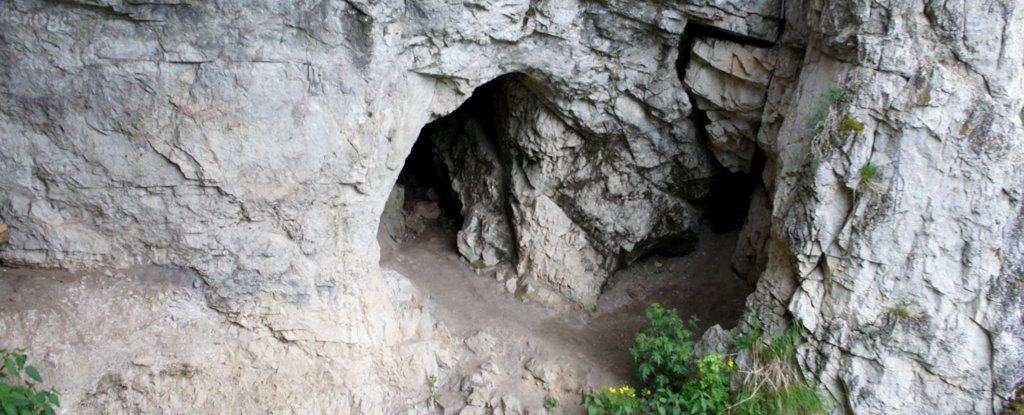
Nobody knows who she was, just that she was different: a teenage girl from over 50,000 years ago of such strange uniqueness she looked to be a ‘hybrid’ ancestor to modern humans that scientists had never seen before.
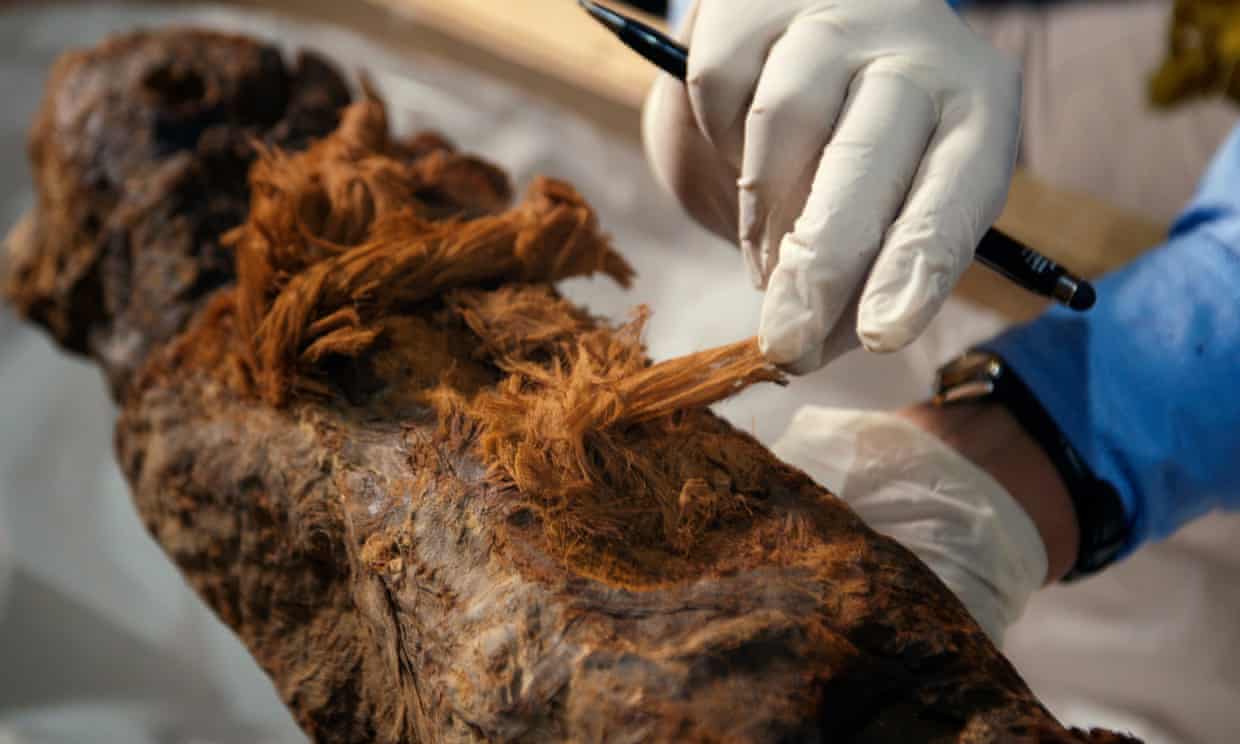
The ancient Egyptians were carrying out sophisticated mummifications of their dead 1,000 years earlier than previously thought, according to new evidence which could lead to a rewriting of the history books.

A longitudinal study published in Frontiers in Psychiatry investigated the effects of medicinal cannabis among clinically depressed and/or anxious patients.
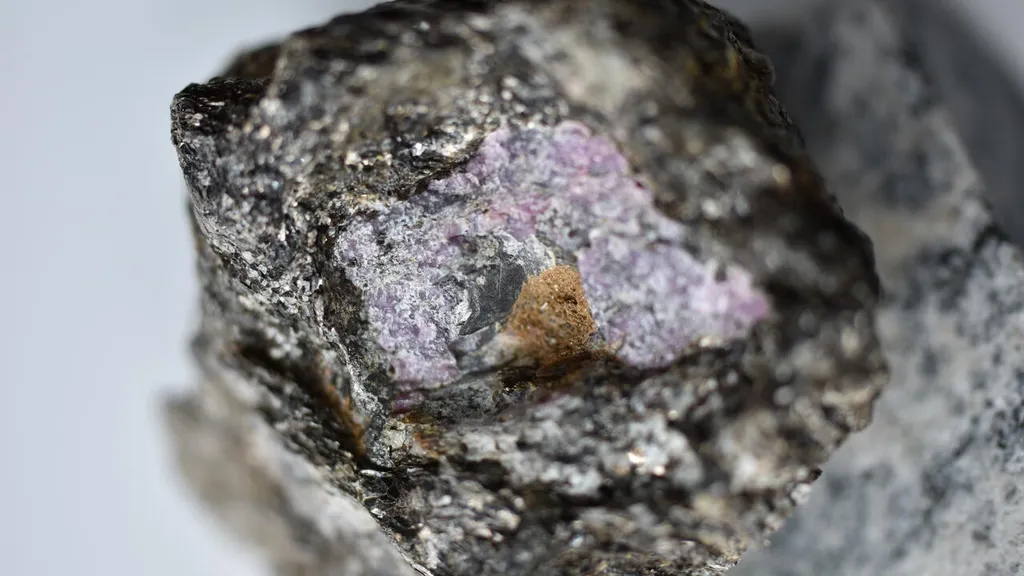
Traces of ancient life were locked inside a 2.5 billion-year-old ruby from Greenland, according to a new study.
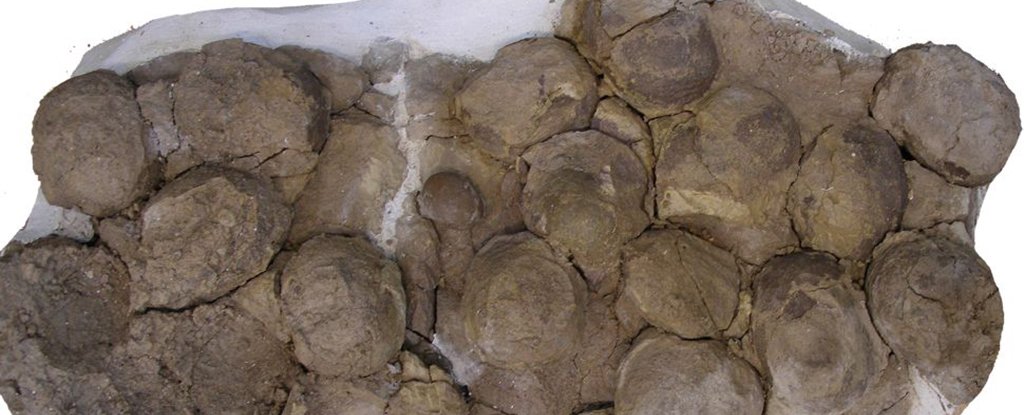
A Jurassic graveyard in Patagonia, Argentina, holds more than 100 fossilized eggs and the bones of 80 Mussaurus patagonicus dinosaurs ranging in age from hatchling to adult. The trove of dinosaur remains suggests that these paleo-beasts lived in herds as early as 192 million years ago, a new study finds.

Some of the oldest evidence for modern humans living in rainforests has been found in a cave in Southeast Asia. Researchers analysed fossilised teeth discovered in Laos, revealing that these humans ate fruits and meat as part of an omnivorous diet.
/cloudfront-us-east-2.images.arcpublishing.com/reuters/NDQOJMGZURMQXKWKXBND3FLL74.jpg)
Long before Columbus crossed the Atlantic, eight timber-framed buildings covered in sod stood on a terrace above a peat bog and stream at the northern tip of Canada’s island of Newfoundland, evidence that the Vikings had reached the New World first.
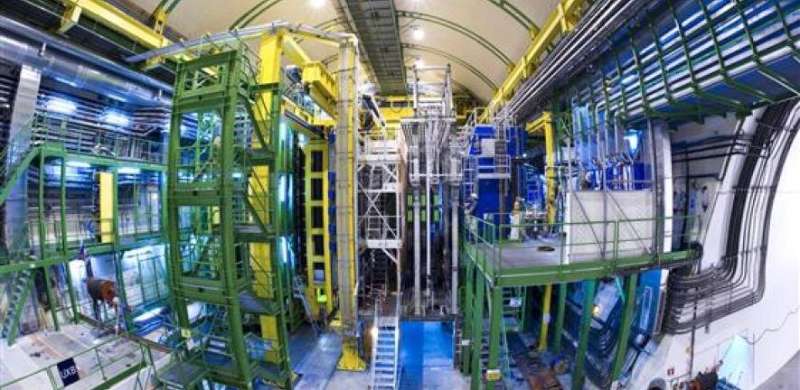
Results announced by the LHCb experiment at CERN have revealed further hints for phenomena that cannot be explained by our current theory of fundamental physics
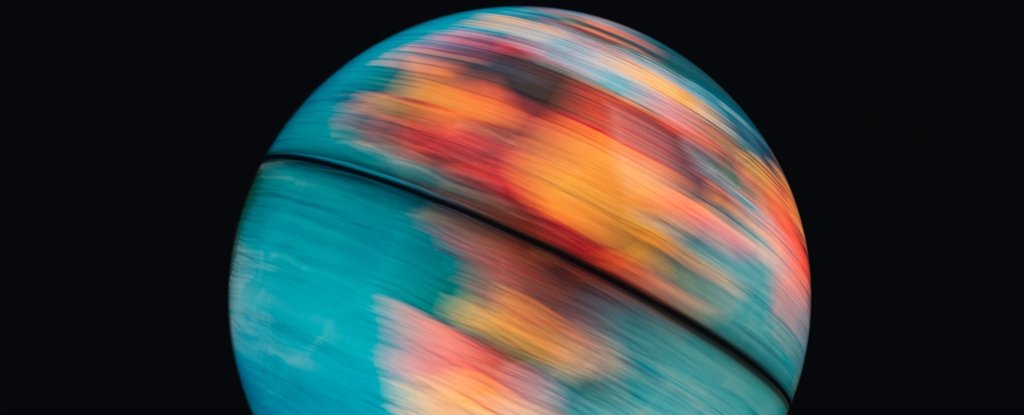
We know that true polar wander (TPW) can occasionally tilt whole planets and moons relative to their axes, but it’s not entirely clear just how often this has happened to Earth. Now a new study presents evidence of one such tilting event that occurred around 84 million years ago – when dinosaurs still walked the Earth.
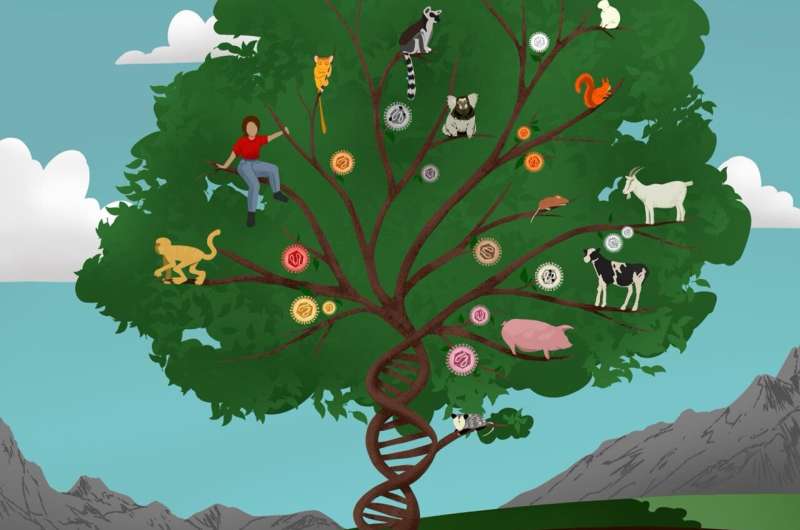
Nearly half of our DNA has been written off as junk, the discards of evolution…

Archaeological discoveries are shattering scholars’ long-held beliefs about how the earliest humans organised their societies – and hint at possibilities for our own.
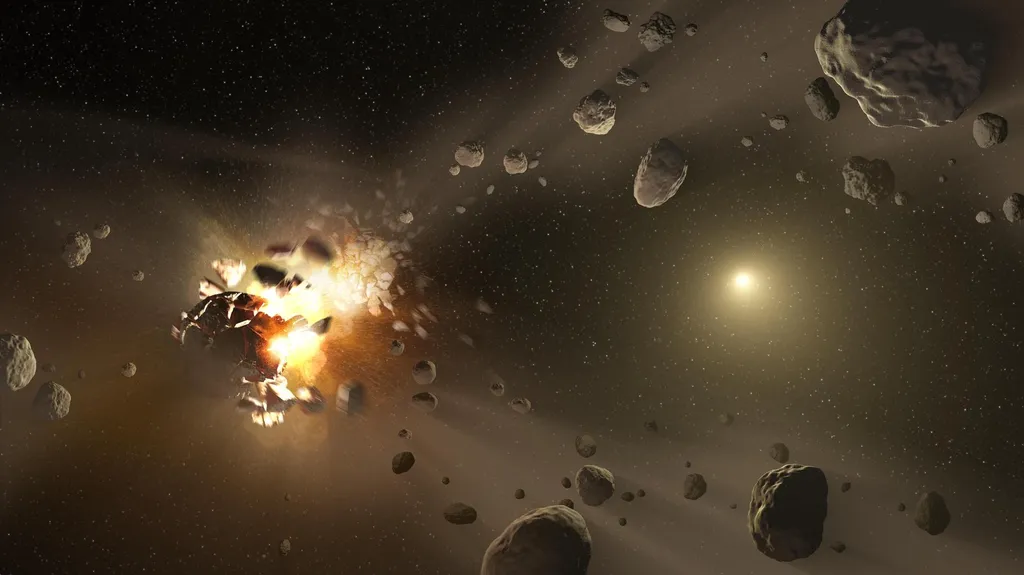
A group of researchers wants to save Earth from a potential asteroid apocalypse using a new planetary defense method they call PI — short for “Pulverize It.”
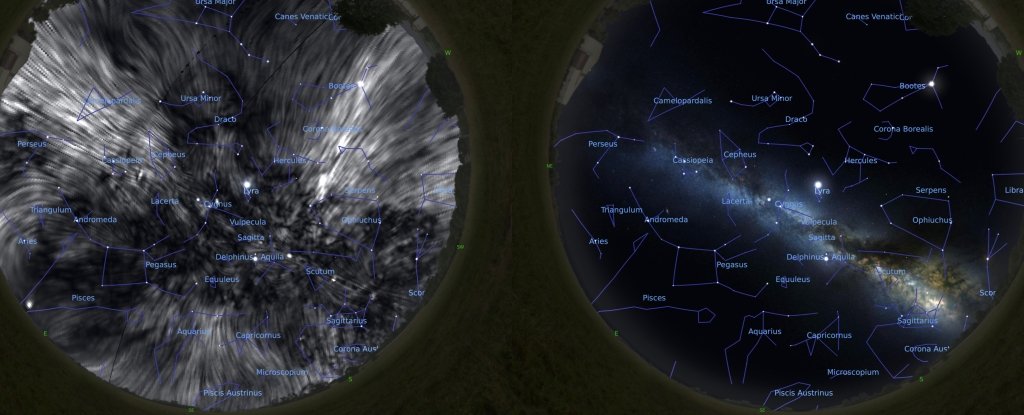
Mysterious structures in the sky that have puzzled astronomers for decades might finally have an explanation – and it’s quite something.








